Volvo is recalling nearly 72,000 EX30 SUVs because of a software problem that can glitch the EV’s speedometer. It’s the second software problem that has plagued the new battery-electric vehicle. But motorists may not even know there’s a problem unless they read the mandatory recall notice sent under federal guidelines.
If you’ve got one of the new Volvo EX30 battery-electric vehicles you could be in for a surprise while driving. Due to a software glitch, the SUV’s speedometer can unexpectedly go into test mode, making it impossible to use until repaired.
As a result, all 71,956 vehicles produced until — including 35,000 delivered to customers — now need to be repaired, the automaker has announced, with recall notices soon set to go out to owners.
The glitch is the second the EX30 has faced. And the automaker has faced similar software issues with the bigger EX90 though, in that case, the issue was discovered before production began, leading to a brief delay in its launch.
Easy fix
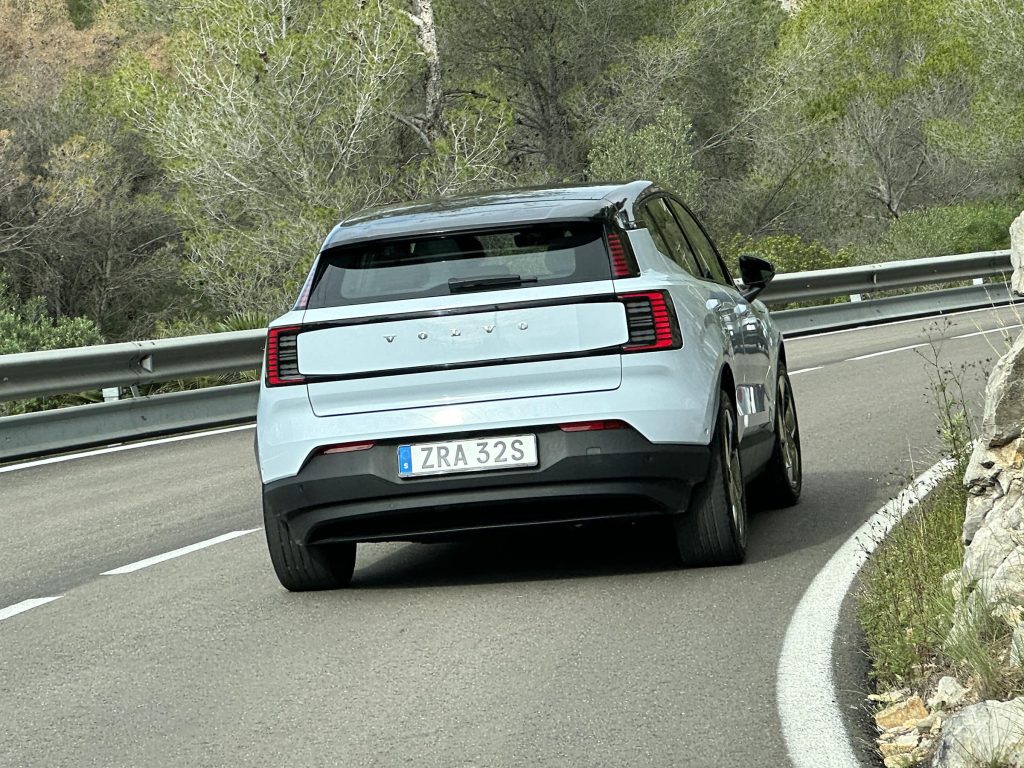
While not best in class, the rear-wheel-drive EX30 yields a more than acceptable 275 miles per charge.
The good news is that both of those all-electric vehicles are equipped with smartphone-style over-the-air update technology. It can be used to update or replace virtually all onboard software remotely.
EX30 owners will simply need to click on the touchscreen to approve the update, much as they would on a smartphone. If they prefer, for some reason, they could also take the vehicle to their local dealer to complete the repair.
A “cornerstone” product
Volvo has laid out one of the most aggressive EV adoption programs of any automaker operating in the U.S. market, with a goal of being all-electric by the end of the decade.
The automaker already offers several battery-powered models, including a version of the old 40-Series. These earlier “Recharge” packages are based on existing, gas and PHEV platforms. The EX30 became the first Volvo to use an architecture designed exclusively for battery power.
As the base model in the Volvo family, it will be bookended by the flagship EX90 when it arrives later this year. The top-end model was also supposed to arrive in 2030 but has been pushed back and has just gone into production.
More Volvo News
- First Drive: 2024 Volvo EX30
- Volvo Cuts Off Funding for Polestar
- Volvo EM90 Will Be its First Minivan — and it’s All-Electric
Volvo takes a hit
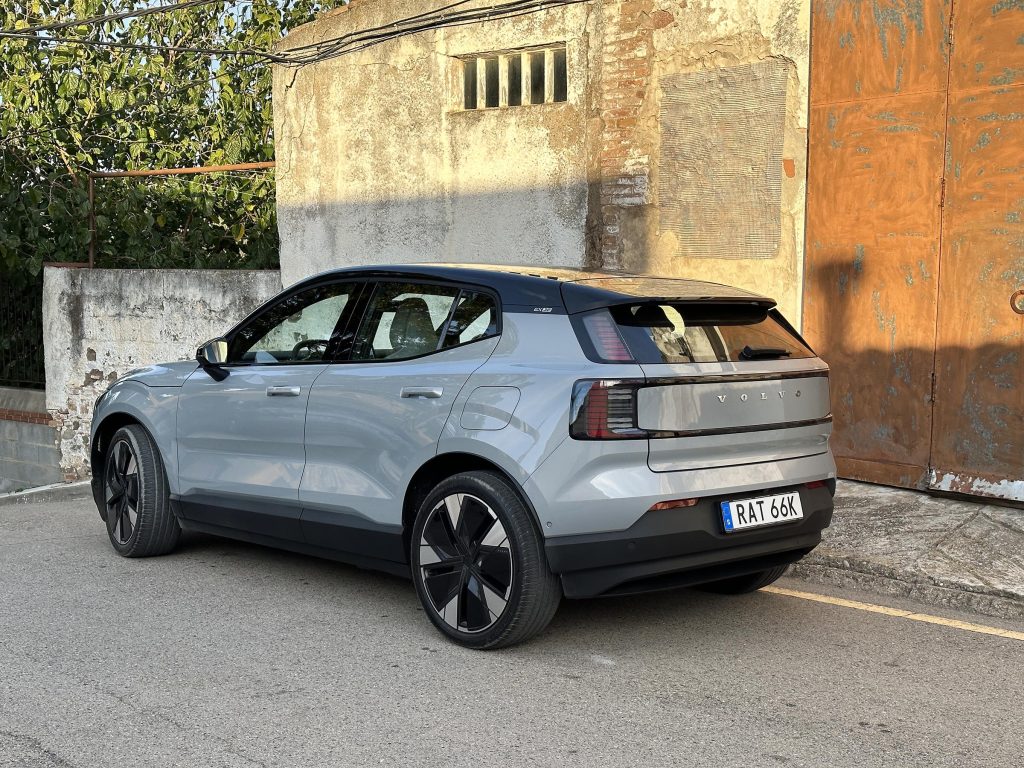
Problems with the EX30 and the bigger EX90 are raising questions about Volvo’s ability to compete in the EV market
The problem with the EX30, along with the delays in the EX90, have raised concerns about the automaker’s ability to execute on its global strategy. Shares of Volvo Car AB took a hit on Tuesday following the recall announcement.
The EX30 has become the second best-selling battery-electric vehicle in the European market. But there have been other issues, starting with the slowdown in the growth of the EV market, that appear to be spooking investors. Some analysts have raised the question of whether Volvo might need to delay the phase-out of existing products, notably its plug-in hybrids. A number of other manufacturers, including General Motors and the Hyundai Motor Group, are planning to add PHEVs, at least in the near to mid-term.
The other issue is the growing opposition to Chinese auto exports. The Biden administration has quadrupled tariffs, to 100%, on Chinese-made EVs. And the European Union is signaling plans for a similar increase. Volvo is owned by Zhejiang Geely, one of China’s largest EV manufacturers, and the EX30 is being exported from the Asian nation. The EX90 will be, as well.
Moving production
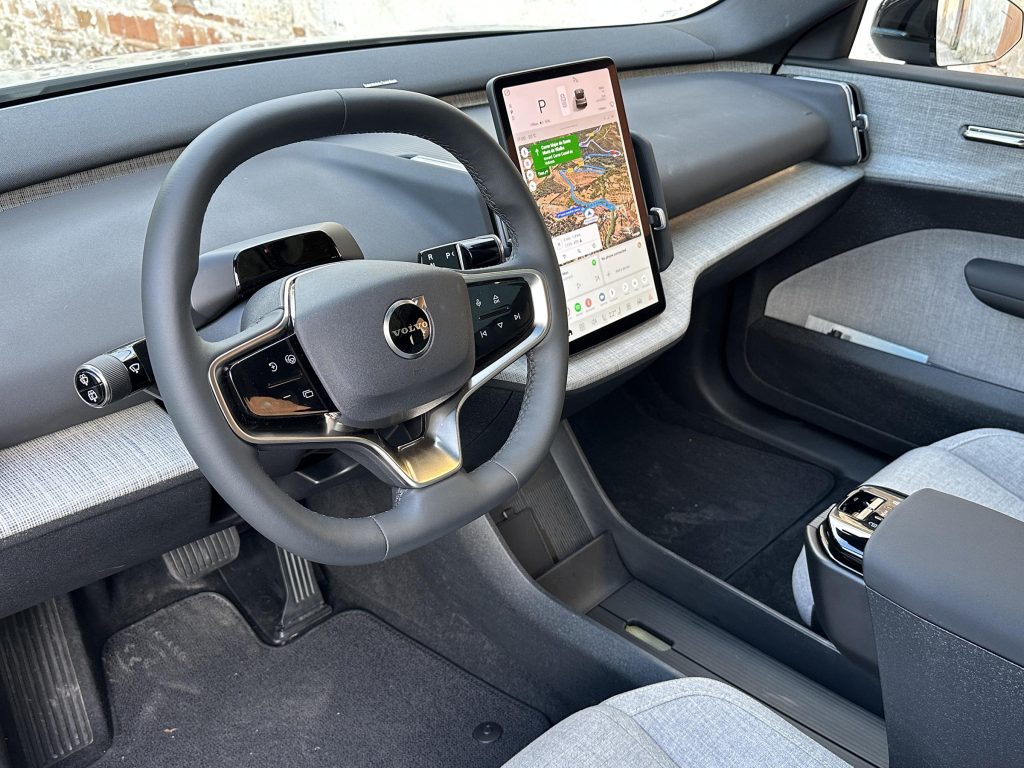
Volvo is also being forced to adjust its vehicle production plans after the U.S. issued tougher tariffs on China
Chinese-made vehicles, in general, have gained significant momentum in Europe. Manufacturers including Geely and BYD, meanwhile, had been expected to start targeting the U.S., as well. The new tariffs were expected to force those Chinese manufacturers to rethink their plans. Volvo was also facing a serious blow to its strategy (as were the Lincoln and Buick brands which currently import products built in China).
Volvo previously indicated plans to add production of its EVs at a plant in Ghent, Belgium, starting in 2025. A report on the Bloomberg news service over the weekend indicated the shift is already taking place in a rushed bid to minimize the impact of new tariffs.
The automaker denied the report, however. A spokesman, meanwhile, told Electrek, “The decision to also build the EX30 in Ghent reflects our ambition to build our cars where we sell them as much as possible.”

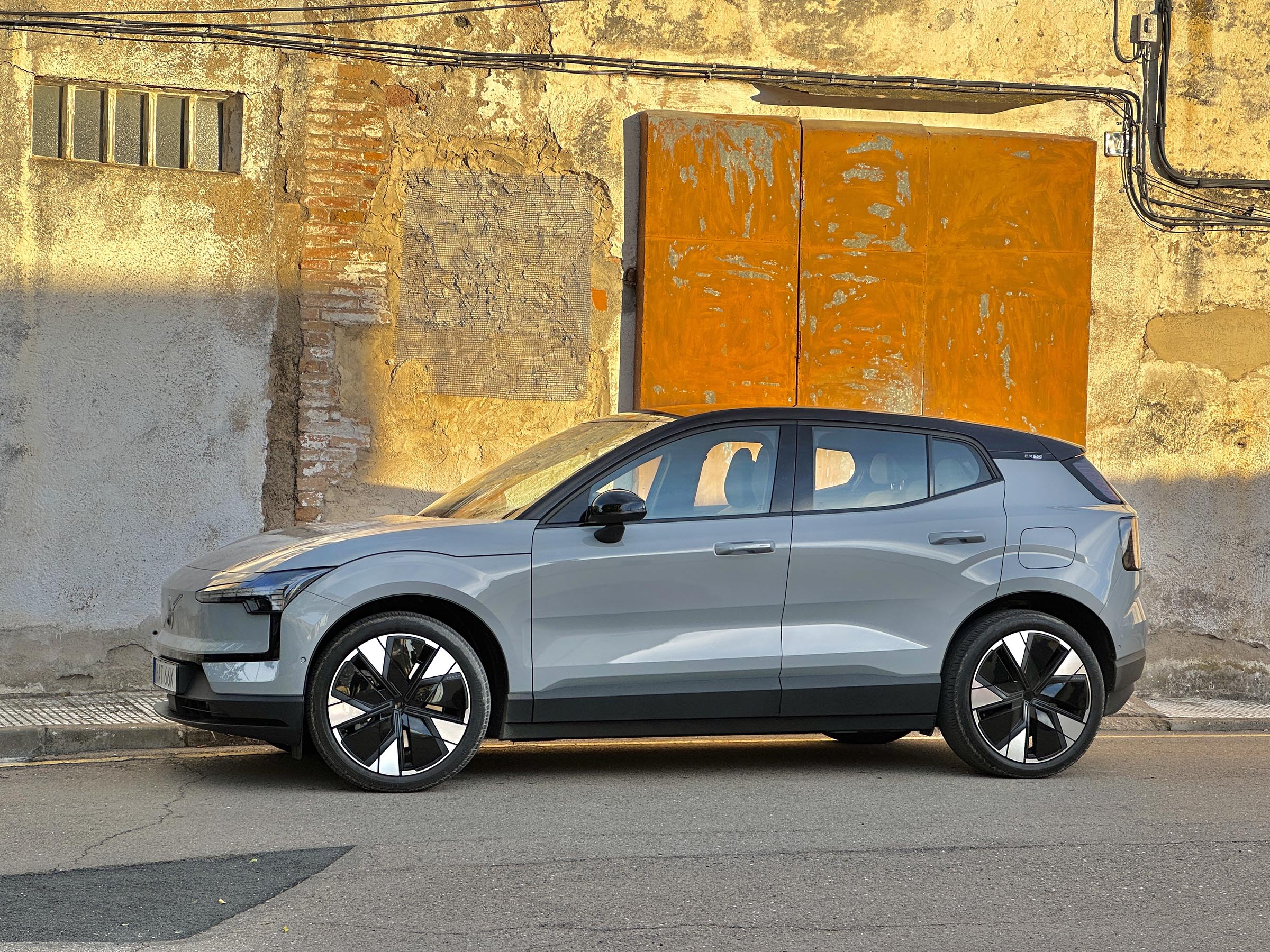
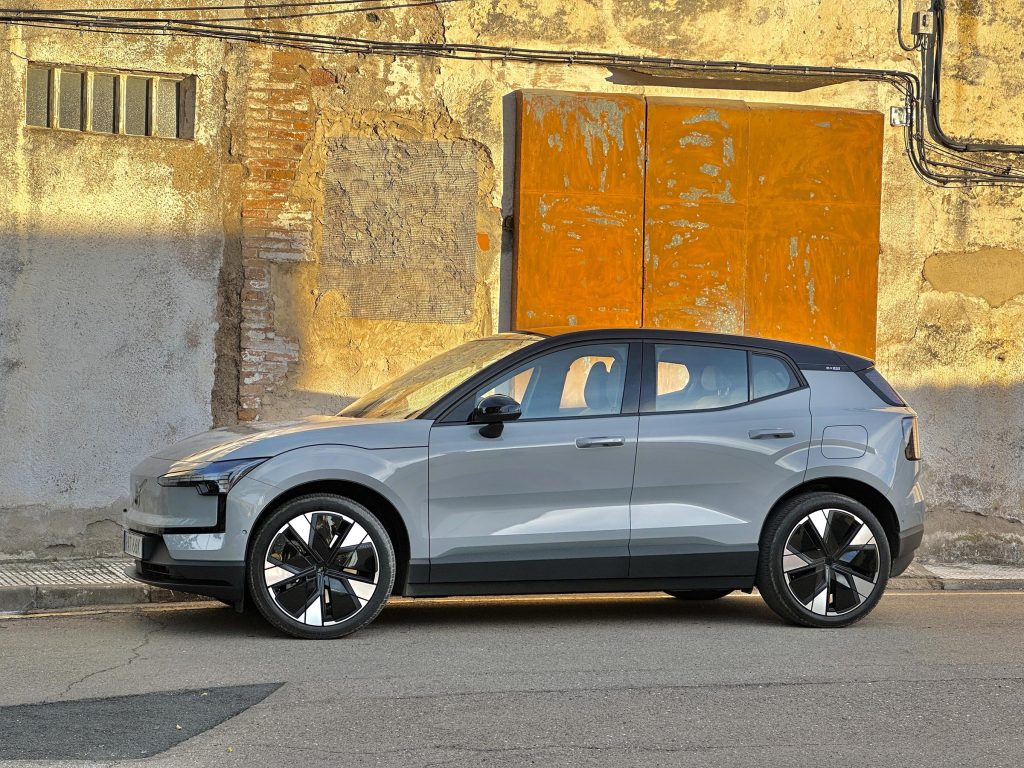
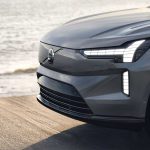
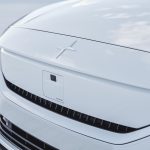
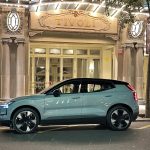

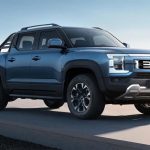
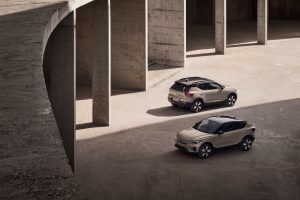
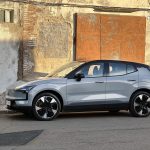
0 Comments